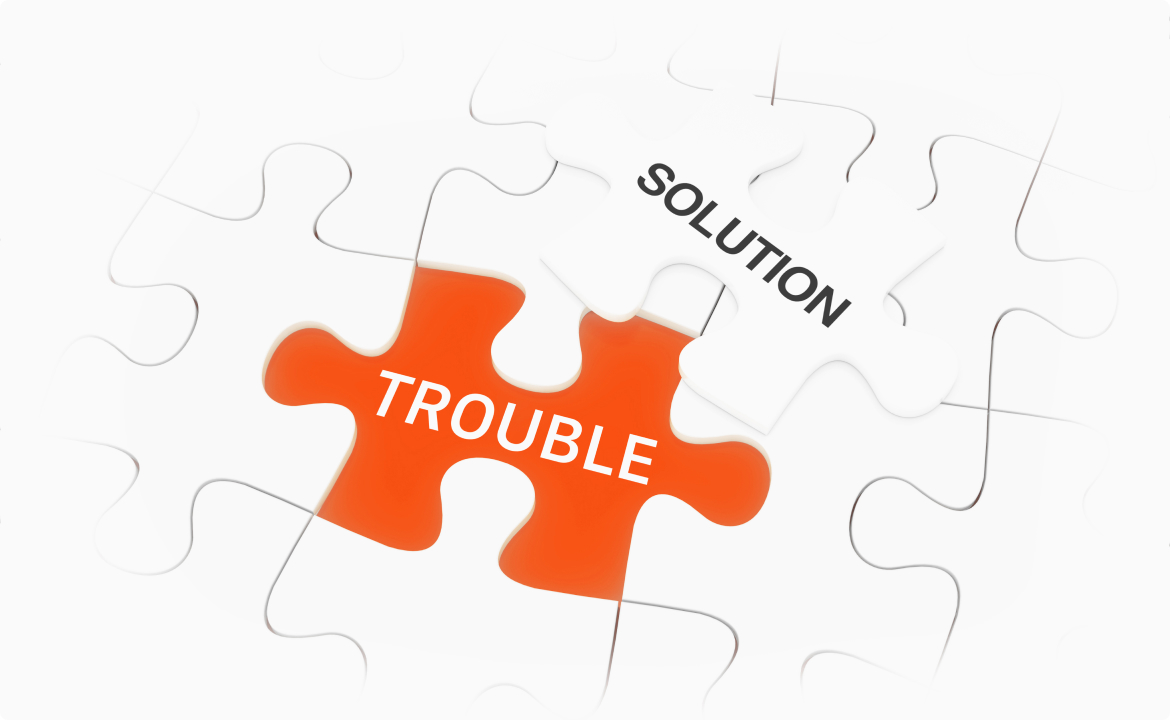Most people are unaware of the vast array of state and federal laws that protect consumers from unfair, deceptive, fraudulent trade and debtor collection practices, including how to defend yourself should you be sued by a creditor or collection agency.
Our consumer law advice section examines consumer rights and how to protect yourself from identity theft, misleading warranties, false advertisements, and theft of your intellectual property.
We also provide informative articles on protecting yourself when purchasing a new or used vehicle and what to do if you have been sold a lemon.
Consumer Law on Lemon Law and Car Buying Tips
Before purchasing a vehicle, you must be well informed on the language, trade customs, and vocabulary car dealers and their salespeople use to reel in sales and maximize profits.
Buying a vehicle is exhausting. Not only are you bargaining over price and finance terms, but you may also have to contend with aggressive personalities and sales tactics.
Our consumer law rights and lemon law sections look at a wide range of car buying strategies, including whether it’s best to buy a new or used vehicle and what you should know if you are trading in your vehicle. Is it better to lease or buy? What if the vehicle purchased turns out to be a lemon? Can you legally stop making payments on a defective vehicle?
Learn what rights and remedies you have as a car consumer under state and federal lemon law. For example, does your vehicle legally qualify as a lemon? If you legally establish the car as a lemon, will you be entitled to a refund or a replacement vehicle? Will you be able to recover attorney fees and costs if you need to hire a lawyer to sue the dealer or manufacturer?
Consumer Law on Identity Theft
Identity theft is a crime in which your personal information is stolen for the purpose of committing fraud.
Falling victim to identity theft can make you feel vulnerable and violated. In this free consumer law advice section, you will learn what to do should your identity be stolen, such as notifying your credit card companies of the theft and freezing your bank cards and credit accounts, as well as alerting the major credit bureaus of the theft.
There are also ways to protect yourself from identity theft. The first line of defense is to make sure your private information remains private. Identity thieves only need a few personal information identifiers such as your name, address, and telephone number to begin the process of collecting more valuable information.
When mailing documents of a personal nature, such as renewing your driver’s license or applying for social security benefits, be sure to deposit these items directly with the post office. Never leave sensitive and confidential pieces of mail in your home mailbox for pick-up.
Another way to protect yourself is to join a reputable identity protection service. These services monitor your credit and immediately alert you when your personal information turns up in suspicious places like the dark web or a different country.
They can also instantly lock your credit reports, and issue real-time alerts if anyone applies for credit using your personal identifiers. Finally, these services offer insurance to protect you against stolen funds.
Consumer Law Rights – Product Warranty Law
This consumer law advice section looks at consumer warranty law and the different types of warranties that can protect you from unfair and illegal trade practices.
A warranty is an express promise made by the seller to a consumer or is an implied promise under law, which guarantees that the product sold is reliable and will function as advertised and for its intended purpose, and is free from defects.
The implied warranty is called the warranty of merchantability and comes from the Uniform Commercial Code (UCC), a legislative enactment first published in 1952 and later adopted in all 50 states and is considered the most authoritative body of law governing consumer and commercial transactions in the United States.
You will also learn what happens when a warranty expires, and the seller refuses to repair or replace the product under consumer law. Or why the implied warranty of merchantability covers the sale of used products but not second-hand products sold at flea markets and garage sales?
Consumer Law on Small Claims Court
Small claims court provides a quick, cheap, and efficient way to resolve debtor and creditor collection disputes without paying for a lawyer’s services. In this consumer law section, you will learn about the types of claims heard in small claims court and the rules governing maximum claim limits.
Learn whether you can appeal an adverse ruling in small claims court. In this section, you will learn that the rules governing the appeal process will vary depending on your state’s laws. Some states still do not allow for appeals in small claims courts.
While small claims courts will not hear divorce, bankruptcy, and probate matters, they will hear cases such as breach of contract, debt collection, eviction and security deposit disputes, car repair claims, and more.
Consumer Law on Buying Legal Services – Consumer Tips
Over the past fifteen years, the landscape for purchasing routine legal services has radically changed in favor of the consumer. Many types of legal documents can just as quickly be prepared by a trained paralegal rather than an expensive lawyer. The Internet has become the perfect delivery system for receiving legally prepared documents and obtaining legal opinions.
Learn about conventional legal fee arrangements and why using a discount legal service to prepare your documents is an innovative and cost-effective option for many types of legal matters, such as the drafting of a will, buy-sell agreements, leases, demand letters, incorporation and partnership documents, power of attorney, real estate agreements, liens, premarital agreements, and many others.
Finally, just because you were born with a funny-sounding name doesn’t mean you have to die with one. Learn how to change your legal name quickly and affordably using a discount legal service. Most services can have your name changed in as little as sixty days. In some states, the name change process will require a court appearance with a lawyer, or you can choose to represent yourself at the hearing.
Our debtor’s rights section covers consumer rights on protecting yourself from bill collectors and collection agency harassment, what to do if you are served with a creditor lawsuit and how to protect your assets from wage garnishment, repossession of your vehicle, and attachment of your bank accounts.
Learn to recognize the difference between legal debts and those barred by the statute of limitations and unenforceable. Learn how to protect yourself from fast-cash and high-interest lenders such as pawnshops and payday lenders.
Consumer Law on Medical Files and Digital Privacy Rights
It may shock you to learn that private companies like genetic testing services collect and sell your genetic data to medical reporting services and insurance companies without your knowledge and express consent.
Collection of your personal health history occurs through major reporting companies such as Medical Information Bureau (MLB), which then shares your medical information with insurance companies.
Insurance companies use this information to assess the risk and eligibility of specific insurance applicants. For example, your consumer medical file contains genetic markers showing a possible medical disposition for a certain type of disease or condition.
Under current consumer law, companies like MLB are legally classified as consumer reporting agencies and are, therefore subject to the rules and compliance regulations governing Credit Reporting Services.
What does this mean? Suppose a person can prove they were denied insurance coverage based on something found in their medical reporting file. In that case, the consumer is legally entitled to a free report and the right to have erroneous information corrected from their consumer medical file.
Consumer Law on Copyright Protection And Intellectual Property Rights
This consumer law advice section examines how patent and copyright laws protect a person’s intellectual property rights to their inventions and original works from the patent and copyright infringement of others.
Patent Protection
Learn how this works and the legal services that will draft and process a patent application and protect you from copyright infringement and patent theft.

- Do your research before you buy anything. Read reviews and compare prices.
- Be careful about what information you give out to businesses. Only give out your personal information if you are sure that it is safe.
- Keep track of your purchases. This will help you identify the name of the seller and the date of sale should you have any problems with the product later.
- Don’t be afraid to complain if you have a problem with a product or service. Businesses are more likely to fix a problem if you let them know about it.
Remember, you have rights as a consumer. Don’t be afraid to stand up for yourself and use them!







